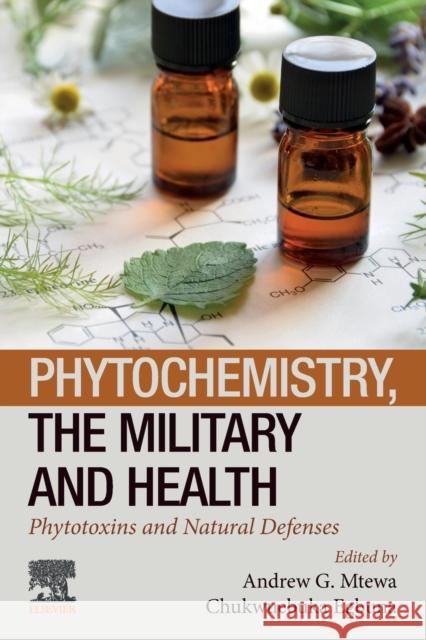Phytochemistry, the Military and Health: Phytotoxins and Natural Defenses » książka
topmenu
Phytochemistry, the Military and Health: Phytotoxins and Natural Defenses
ISBN-13: 9780128215562 / Angielski / Miękka / 2021 / 606 str.
Kategorie:
Kategorie BISAC:
Wydawca:
Elsevier
Język:
Angielski
ISBN-13:
9780128215562
Rok wydania:
2021
Ilość stron:
606
Waga:
4.46 kg
Wymiary:
22.86 x 15.24 x 3.1
Oprawa:
Miękka
Wolumenów:
01











